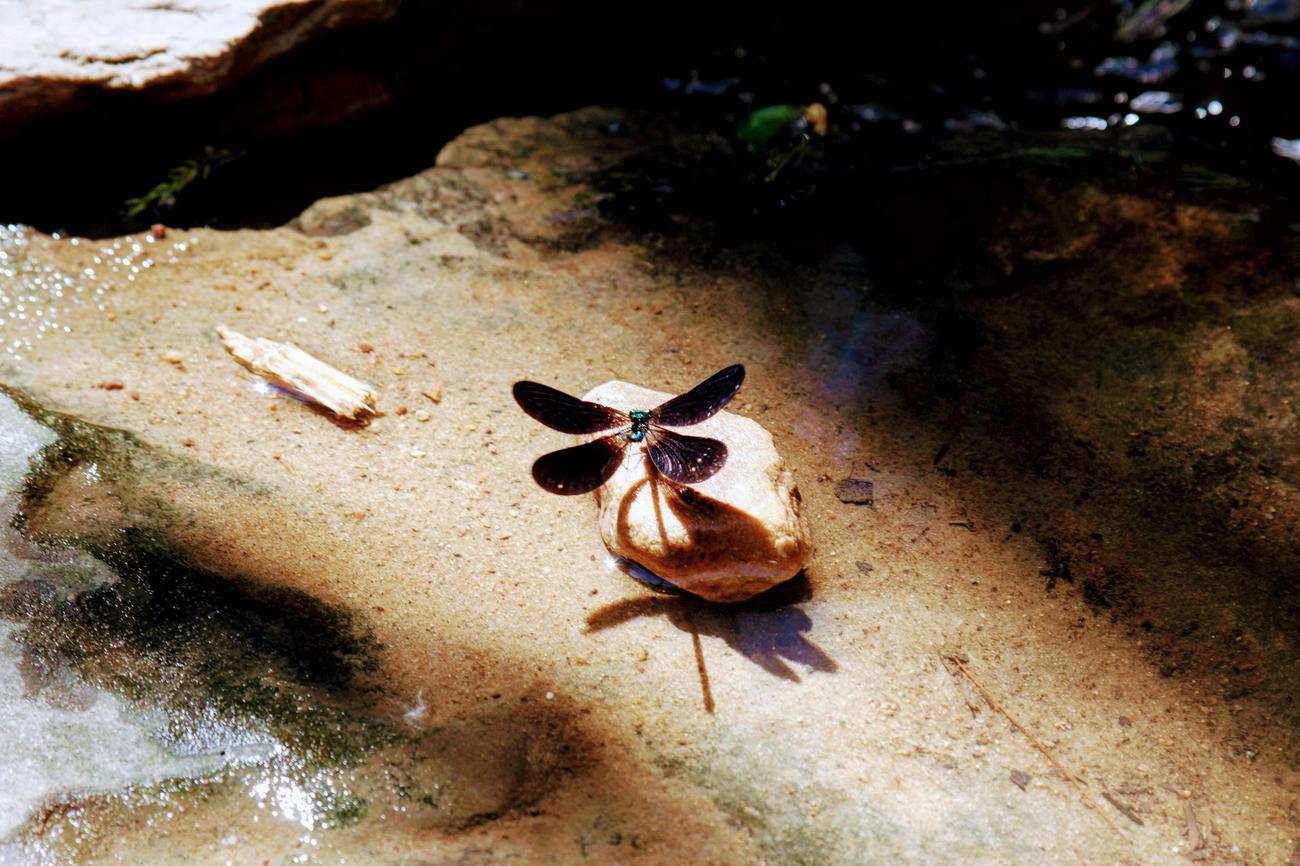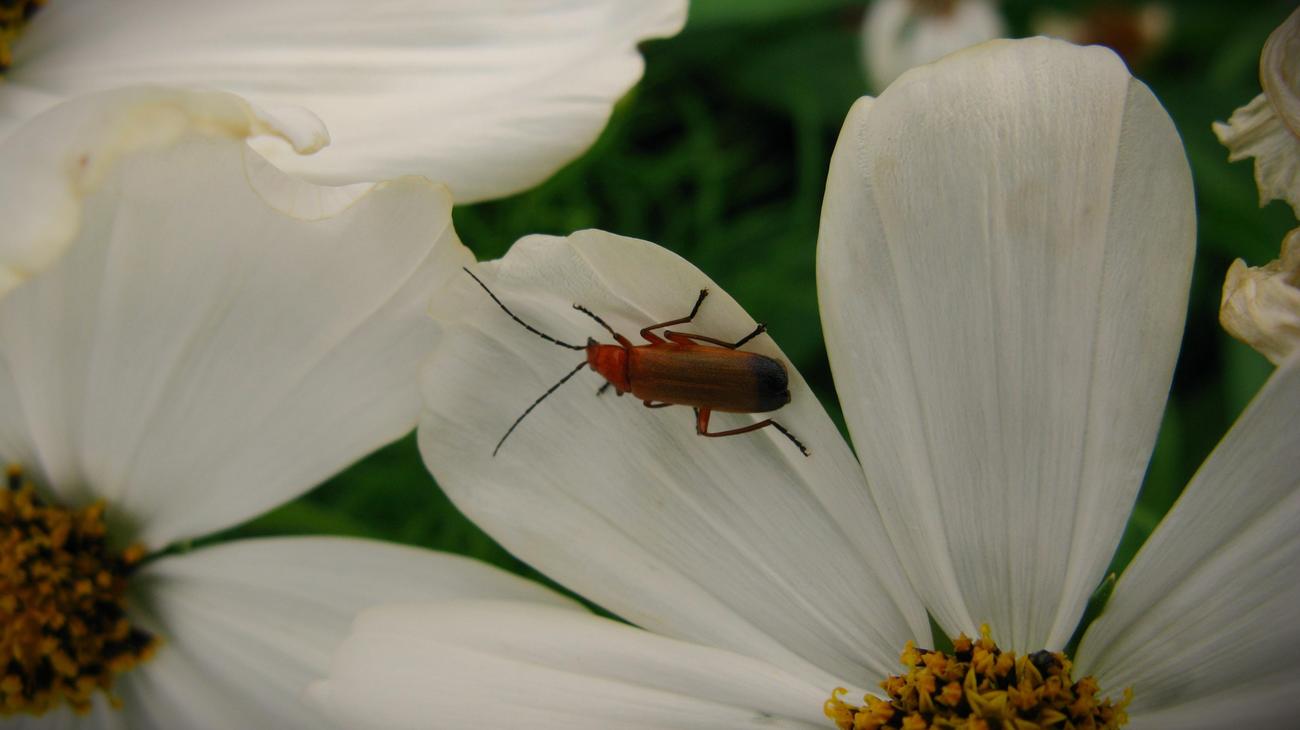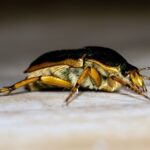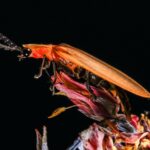Cockroaches, those notorious home invaders, have always been linked to grime and germs. We’ve also heard creepy stories about them crawling into people’s hair. But how true is this? Can these bugs really invade our locks? In this article, we’ll debunk the myth and separate fact from fiction, with help from scientists and bug experts. So, let’s dive into the fascinating world of cockroaches and uncover the truth behind this hair-raising tale.

Do Roaches Get in Hair?
Cockroaches are pesky critters that can invade our homes, but do they really make a habit of getting into our hair? Let’s explore the truth behind this hair-raising rumor.
Roaches and Hair: A Not-So-Cozy Relationship
Contrary to popular belief, roaches don’t typically set up camp in human hair. They’re not attracted to it as a habitat and don’t consider it a suitable place to live.
Can Roaches Nibble on Hair?
While roaches might occasionally take a tiny bite out of hair, it’s not their regular mealtime snack. They prefer more nutritious food sources like food crumbs, pet hair, and even dead insects.
Eggs in Your Hair? Not Likely
Sure, roaches lay eggs, but they’re not keen on depositing them in human hair. They need cozy, moist environments like cracks in walls and under appliances to keep their eggs safe and sound.
Roaches: A Health Hazard
Even though roaches don’t put up residence in your hair, they can still be a nuisance. They’re known to spread allergies and asthma triggers, so keeping them out of your home is important for your health.
Keeping Roaches at Bay
To prevent these creepy crawlers from getting too close to your locks, follow these tips:
- Wash your hair regularly to get rid of any food particles that might attract roaches.
- Don’t leave hair accessories lying around in areas where roaches might hang out.
- Inspect grocery bags and packages for roaches before bringing them inside.
- Seal up any holes or cracks in your walls and doors where roaches could sneak in.
Remember: Even though roaches may not be a direct threat to your hair, they can still be a pain. By taking a few simple steps, you can keep these unwanted guests out of your home and your hair.
Cockroaches are not just creepy crawlies; they are also fascinating creatures with some seriously scary facts. Did you know that cockroaches can live for up to a week without their heads? It’s true! And if that doesn’t make your skin crawl, how about the fact that they can hold their breath for up to 40 minutes? That’s longer than most of us can hold our breath underwater! If you want to dive deeper into the world of these spine-chilling insects, check out our article on scary facts about cockroaches. Get ready to be amazed and horrified at the same time!

Do Roaches Eat Hair?
Have you ever wondered why cockroaches love to crawl near your hairbrush? Well, it’s not just because they find your stylish locks irresistible. They’re actually after something else entirely: your hair!
Yep, you read that right. Roaches eat hair. It might sound gross, but it’s true. While they don’t typically put hair on their top-ten list of favorite foods, they’ll munch on it if they’re feeling a bit peckish and can’t find anything tastier.
Why Do Roaches Eat Hair?
The secret lies in the roots of your hair. They contain something called sebaceous glands. These glands produce sebum, a delicious fatty substance that roaches find irresistible. It’s like the ultimate hair-brained delicacy for them! Plus, roaches are known for their resourceful adaptability, so they’ll find a way to nutritiously recycle even the most unusual things in their environment.
Which Kind of Hair Do Roaches Prefer?
It’s not just any type of hair that roaches find tasty. They’re particularly drawn to dirty hair that’s been accumulating sebum and other oils over time. So, if you’re wondering why roaches seem to be taking a special interest in your hairbrush, it might be time for a wash and brush!
Can Roaches Lay Eggs in Hair?
Not only do roaches enjoy snacking on hair, but they also use it as a cozy nursery for their eggs. So, finding a pile of hair with roach eggs in it is like discovering a secret family reunion for tiny little buggers.
How to Protect Your Hair from Roaches:
If you’re not exactly thrilled about the idea of roaches feasting on your hair, there are a few things you can do to deter them:
- Keep your hair clean and brushed to reduce sebum buildup.
- Avoid leaving piles of hair around your house.
- Seal any cracks or holes in your walls or around pipes where roaches might enter.
- Store hairbrushes and other hair accessories in sealed containers.
Use a vacuum cleaner to regularly remove any stray hairs.
Can cockroaches lay eggs in hair?
Let’s put this question to rest once and for all! No, cockroaches do not lay eggs in human hair. They’re not fans of it! Cockroaches prefer cozy, damp spots with lots of food and places to hide. Your hair doesn’t offer any of those comforts. And even if it did, their eggs are tiny, oval-shaped, and pearly white. They love to stash them away in dark, out-of-sight nooks and crannies, not on your precious locks!
To sum up:
- No eggs in hair, cockroaches aren’t interested.
- They like it warm, humid, and well-stocked with snacks and hiding spots.
- Their eggs are like teeny pearls, tucked away in secret places.
Are cockroaches attracted to hair?
Roaches aren’t particularly keen on your luscious locks. They are drawn to decaying food and filthy things, not your hair. Sure, they might take a nibble once in a blue moon, but it’s not their favorite snack. They’re not going to build a nest in your hair either.
Reasons why roaches avoid your tresses:
- Your hair contains sebum, but roaches find it unappealing.
- Hair doesn’t provide the nutrients they crave.
Staying roach-free:
- Wash your hair regularly to remove any food particles they might find.
- Keep your hair accessories far away from potential roach hangouts.
- When bringing groceries in, give them a thorough check for roaches.
- Seal up any cracks or holes in your walls and doors.
Additional tips:
- Keep your home clean to prevent attracting roaches.
- Clean up spills and garbage promptly.
- Store food in sealed containers.
- Regularly clean your bathroom and kitchen.
Use a dehumidifier to reduce moisture levels.
FAQ
Q1: Can cockroaches enter human hair?
A1: While it is possible for cockroaches to crawl through hair strands due to their ability to fit into tight spaces, it is not typical behavior. Cockroaches prefer to stay away from humans and light, and they are more likely to eat shed hair than hair still attached to a person’s head.
Q2: Do cockroaches feed on hair?
A2: Yes, cockroaches are opportunistic feeders and will consume hair if it is mixed in with other food or if they are starving. Hair contains lipids and sebum, which can sustain cockroaches for a short while.
Q3: Can cockroaches lay eggs in human hair?
A3: It is possible for cockroaches to lay eggs in human hair, but it is very unlikely. Cockroaches prefer to lay eggs in dark, moist areas with a food source nearby. Humans pose a threat to cockroaches, so they would not typically come close enough to a person’s head to lay eggs in their hair.
Q4: Are cockroaches dangerous to humans?
A4: Yes, cockroaches can be dangerous as they can carry and release substances that can cause allergic reactions or asthma attacks. They can also contaminate food and surfaces with bacteria and parasites.
Q5: How can I prevent cockroaches from entering my home?
A5: To prevent cockroaches from entering your home, seal up any cracks or holes in walls and foundations, keep your home clean and free of food debris, and store food in airtight containers. Regularly vacuum and clean areas where cockroaches may hide, such as kitchens, bathrooms, and basements.
- Crypto Quotes’ Red Flags: Avoid Costly Mistakes - June 30, 2025
- Unlock Inspirational Crypto Quotes: Future Predictions - June 30, 2025
- Famous Bitcoin Quotes: A Deep Dive into Crypto’s History - June 30, 2025
















